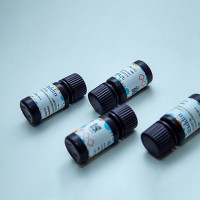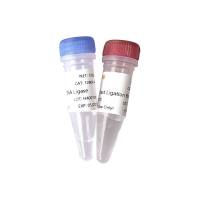Multiplex Ligation-Dependent Probe Amplification (MLPA) for the Detection of Copy Number Variation in Genomic Sequences
互联网
互联网
相关产品推荐

Multiplex PCR MasterMix,UNG,阿拉丁
¥1197.90

Hieff NGS®快速DNA连接模块(DNA Ligation Module)
¥2945

An12g08930/An12g08930蛋白Recombinant A_s_p_ergillus niger A_s_p_ergillus niger contig An12c0300, genomic contig (An12g08930)重组蛋白/蛋白
¥2328

γ-氨基丁酸试剂盒,用于样本中GABA含量检测,微量法,GABA Content Detection Kit
¥358

Hemagglutinin/HA重组蛋白|Recombinant H1N1 (A/California/04/2009) HA-specific B cell probe (His Tag)
¥2570
相关问答
推荐阅读
【交流】Multiplex Ligation-dependent Probe Amplification(MLPA)的原理
Amplification Testing in Breast Cancer by Multiplex Ligation-Dependent Probe Amplification of Microdissected Tissue
Detecting Ligated Fragments on Oligonucleotide Microarrays: Optimizing Chip Design, Array Multiplex Ligation-Dependent Probe Amplification Modificatio

